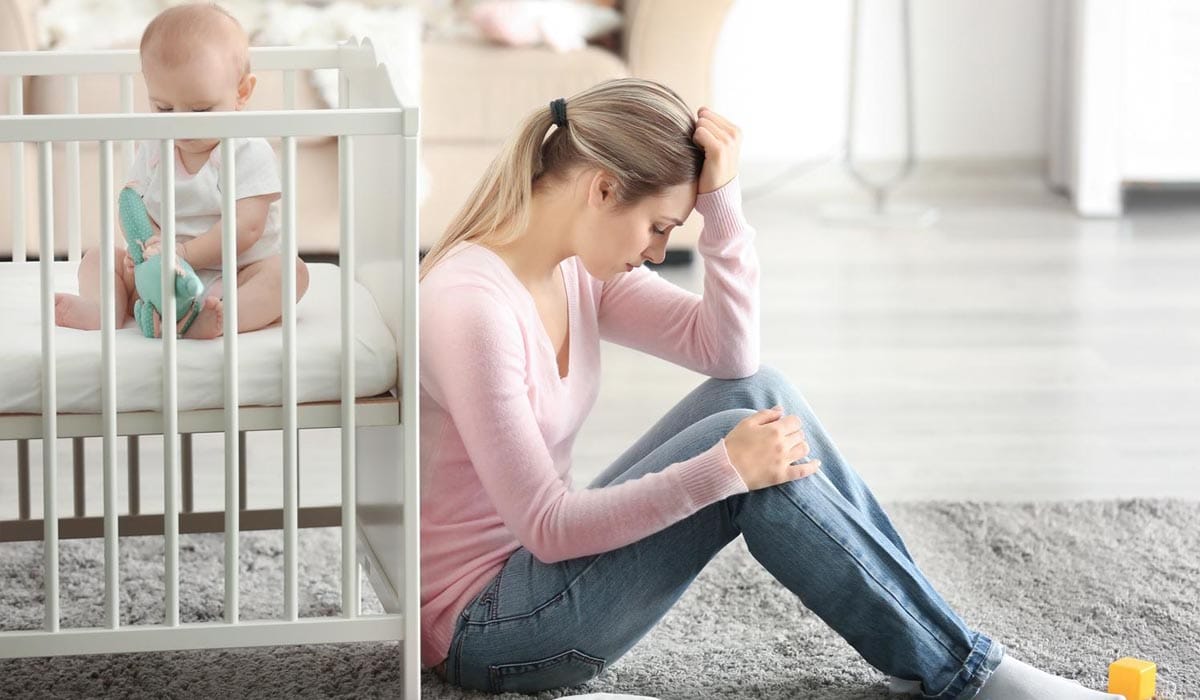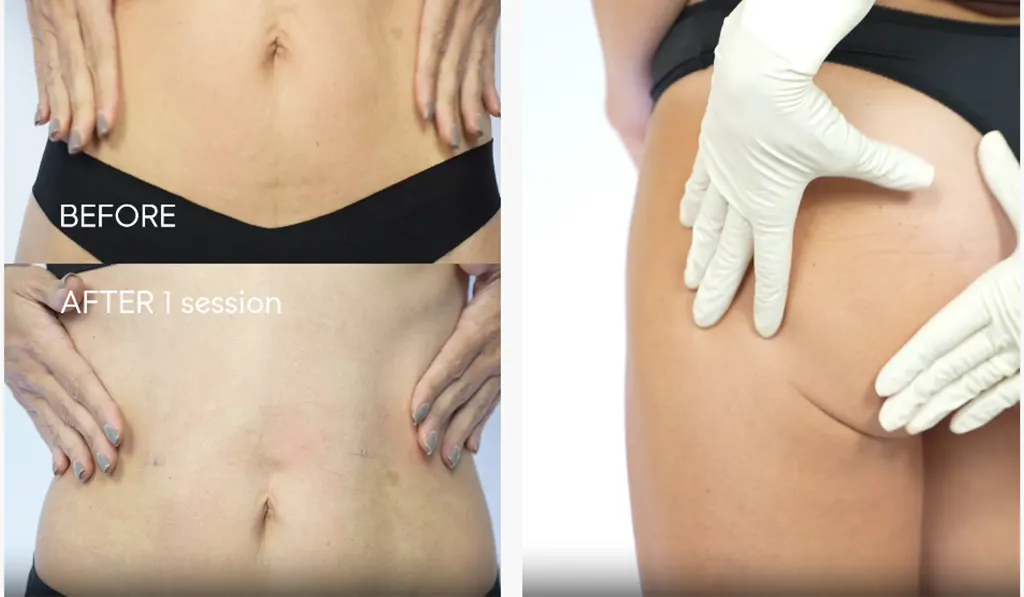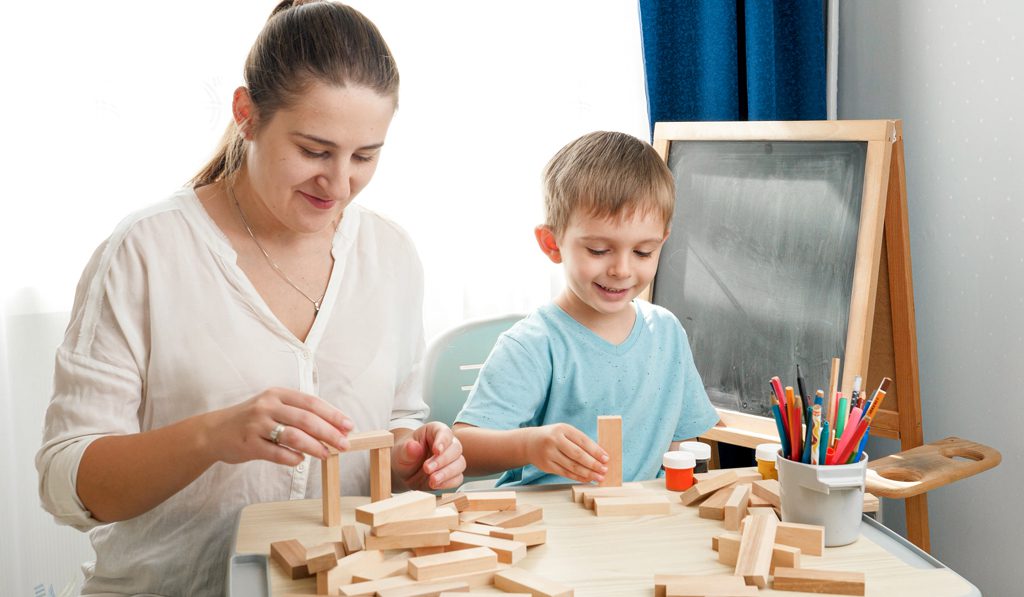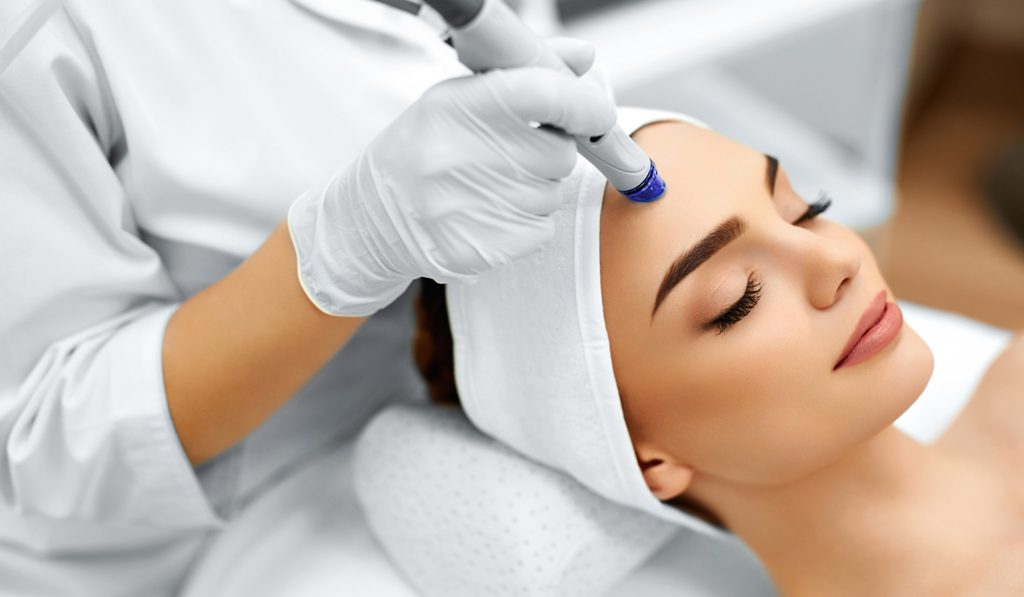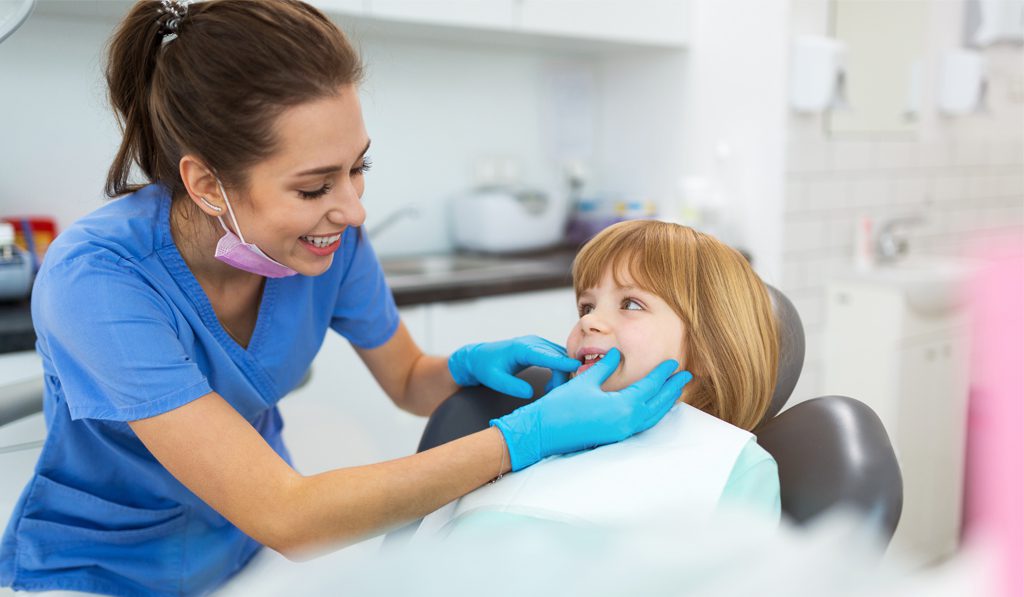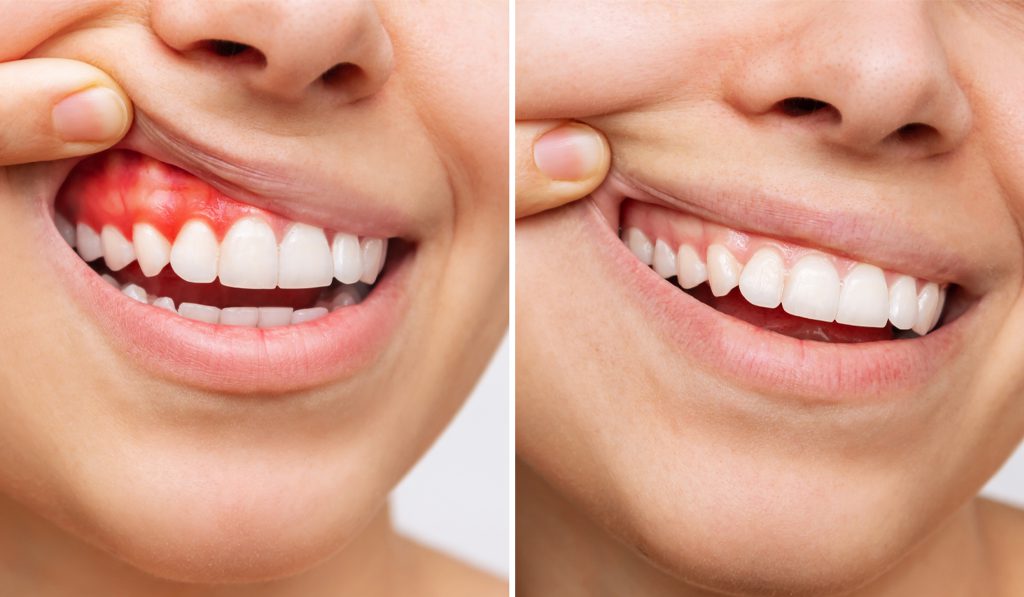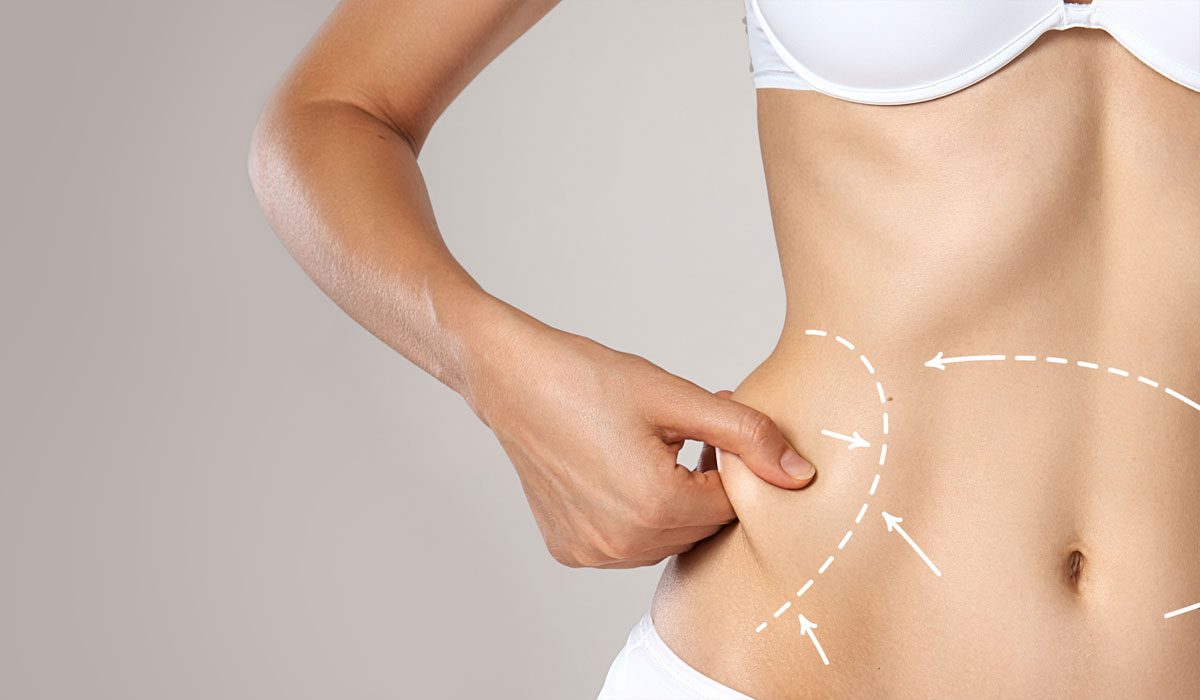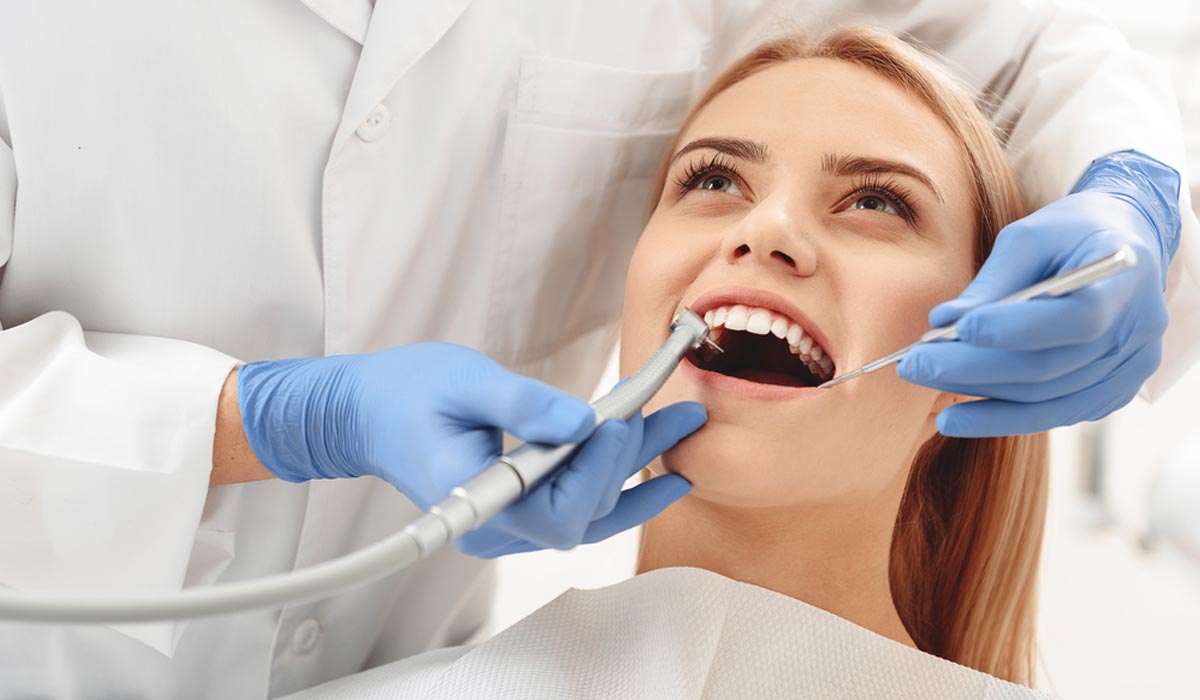Postpartum Depression
A baby’s birth can cause a jumble of vast emotions. It may vary from exhilaration and joy to anxiety and fear. But it may also lead to something you may not expect i.e. depression. Postpartum Depression (PPD) is a mood disorder that may affect women after childbirth.
Most women undergo ‘baby blues’ after delivery. These changes in emotions involve mood swings, anxiety, crying spells, and sleeping difficulties. It’s natural for a woman to feel exhausted or stressed, as babies need round the clock care. Typically, women experience this in the first two weeks after childbirth. But if the signs last for more than two weeks, or are severe, she may have postpartum depression.
Postpartum Depression is often a complication of childbirth. It is a real medical disorder that might affect any mother, irrespective of age, ethnicity, or culture. This can be caused by a blend of genetic and environmental factors. Various elements like stress, hormonal changes, and emotional changes may contribute to PPD. The risk increases if a woman has a personal or family history of depression, or has experienced depression with a previous pregnancy.
In some cases, the symptoms are severe enough to jeopardize the mother’s and baby’s health. If you have PPD, timely care may help you control your symptoms and bond with your infant. Schedule a visit to 7dmc, or any other clinic in Dubai to avoid further complications.
Symptoms
Signs and symptoms can vary from moderate to extreme. In the case of baby blues, the symptoms last for a few days after birth. But in some cases, it may also continue for 1-2 weeks. Some of these symptoms are anxiety, mood swings, irritability, crying, sleeping trouble, and reduced concentration.
Initially, PPD may be confused for baby blues. But depression symptoms are more pronounced and last longer. This can inevitably interfere with your ability to care for the child and perform other everyday tasks. Symptoms typically begin during the first few weeks after childbirth. However, they can start earlier, during pregnancy, later, or up to one year after birth. If untreated, PPD can last for several months or longer.
Few symptoms include:
- Severe mood swings or depressed mood
- Trouble bonding with your child
- Insomnia
- Fatigue
- Excessive crying
- Withdrawal from family and friends
- Restlessness
- Feelings of guilt and worthlessness
- Difficulty concentrating
- Continuous worries about the ability to care for the child
- Feelings about hurting yourself or your child
Not only mothers, but new fathers may also experience PPD. They may feel depressed or exhausted, feel overwhelmed, or feel changes in their normal eating and sleeping habits. This is called paternal postpartum depression. Young fathers who have a history of depression, or are struggling monetarily are at a greater risk. Fathers PPD can have the same detrimental effect on family relationships and child development as PPD in mothers can.
If the symptoms prolong, talk to your healthcare provider. Medications and services available for mothers may be helpful in the treatment of postpartum depression in fathers too.
Treatment
PPD treatment is vital for both mother’s and baby’s health, as it can have severe health effects on both. Most women feel better with adequate care and reduce their symptoms. Depression treatment often includes medication, therapy, or a combination of both. Based on your symptoms, your doctor can help you choose the best treatment. You must work closely with your doctor to understand the hazards and benefits of the treatment. It is also vital to make some healthy choices in your everyday routine.
Most commonly, women with PPD are treated with anti-depressants. It directly affects your brain. These anti-depressants alter the chemicals that regulate your mood. Typically, anti-depressants take 6-8 weeks before you notice any change. Even if you feel better, it is advisable to consult your doctor before stopping the medication. Abruptly stopping the medication may have an adverse effect.
You may consult a psychiatrist or other mental health professional for counseling. Therapy will help you overcome negative thinking and provide ways to offset it.
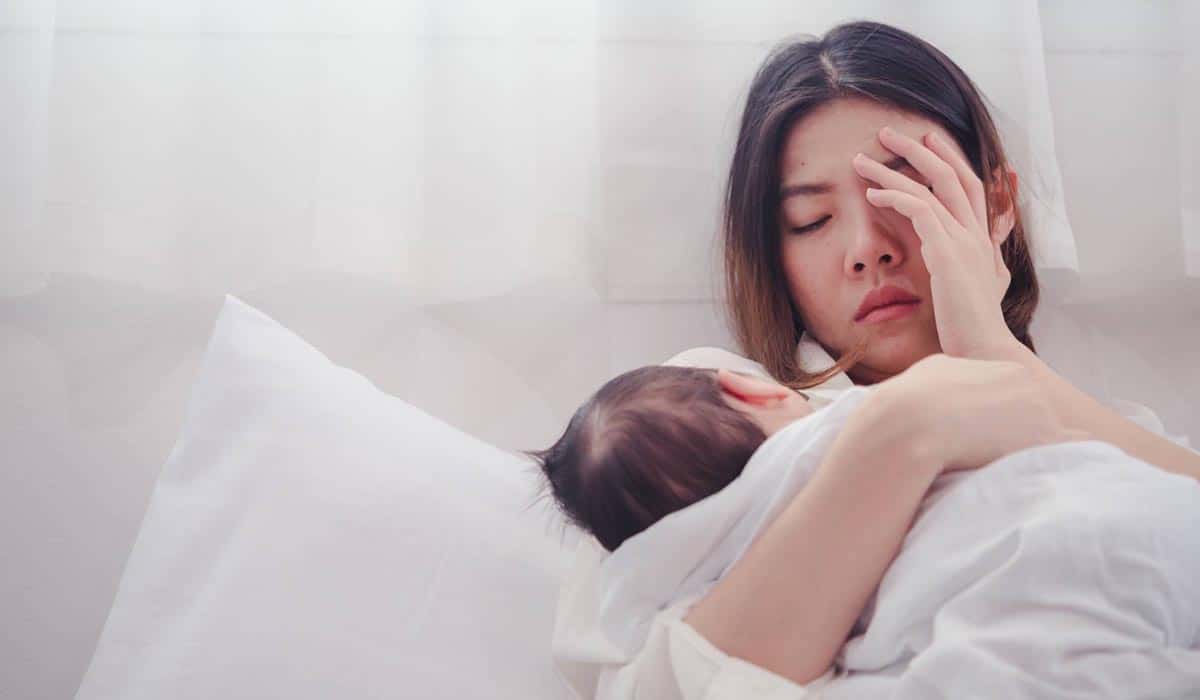
Self-care
Postpartum depression is a serious condition. You must not try to handle it yourself without the help of a doctor. Along with medical attention, there are a few steps you can take to deal with PPD.
- You may not be willing to share your feelings, but talking it over with someone you trust could be helpful. You may realize, you are not alone in this situation and others are ready to listen.
- Consider joining a new mother’s group. You may feel more comfortable speaking out to those who have experienced the same. They understand what you feel, and can offer assistance without judging you.
- Leave the chores and errands for a while. Take the help of family and friends, if necessary. Utilize your energy to take care of yourself and your baby.
- Your body and soul both need a good night’s sleep. If your child is keeping you awake for long stretches, find someone to fill-in and take a break to rest. If you have trouble sleeping, try a hot shower, or something that helps you relax.
- Massage, yoga, and meditation practices may help you feel happier and stronger.
- Do simple workouts at home whenever you find the time. Walking might be an easy way to breathe some fresh air. It is also a significant way to ease depression.
- Maintain a healthy diet. Nutritious foods can provide the necessary nutrients to your body and make you healthier.
- Avoid consuming alcohol. It may react with anti-depressants or tranquilizers.
- A new child in the family changes the family dynamics and alters the routine. You need to go easy on yourself. Take the doctor’s help as soon as you notice PPD symptoms. Early medical attention may help you recover sooner.
Visiting a doctor
After the birth of your baby, if you feel sad, you might be hesitant or ashamed to admit it. Consult your doctor if you notice any signs of depression. It becomes more crucial to visit your doctor if your symptoms get worse, persist after two weeks, or you even think of hurting yourself or your baby.
Summary
Postpartum depression is the most prevalent disorder in women who have just had a child. It affects around 15 percent of women. It is more serious than baby blues and lasts longer. Hormonal and physical changes after delivery play a crucial role in the development of PPD. Other factors that may increase the risk of depression include extreme stress, medical complications, and lack of support.
Postpartum depression is a psychological condition that affects the mother, the infant, and the family. Spouses, friends, and family members may be the first to notice signs of a new mother’s depression. Family members may encourage the mother to speak to a health care professional, give comfort, and help with day-to-day activities, such as child care. Medical treatment is crucial to offset this condition.
References:
https://www.healthline.com/health/depression/postpartum-depression#causes
https://www.webmd.com/depression/guide/postpartum-depression#1
https://www.nimh.nih.gov/health/publications/perinatal-depression/index.shtml
https://en.wikipedia.org/wiki/Postpartum_depression

